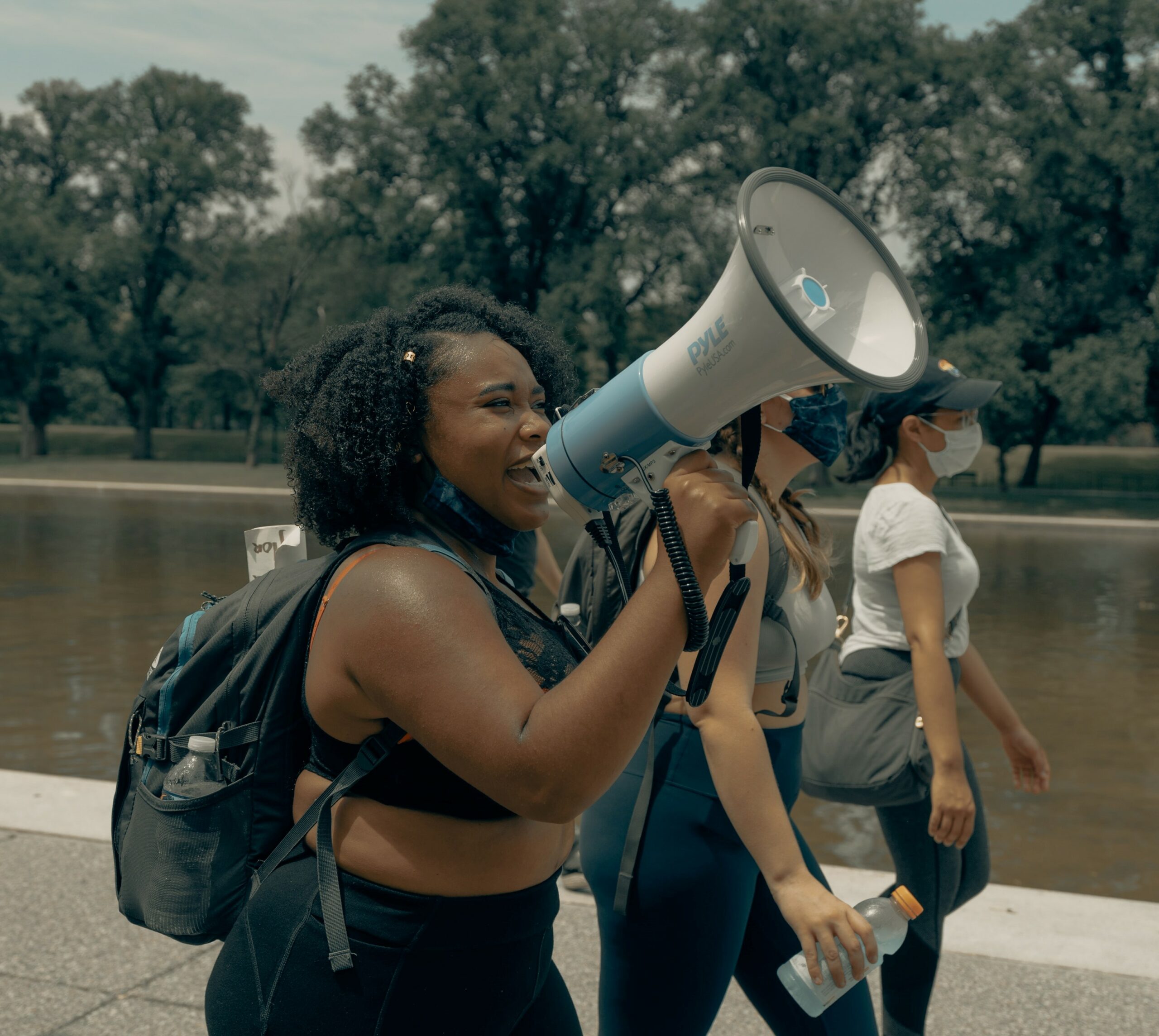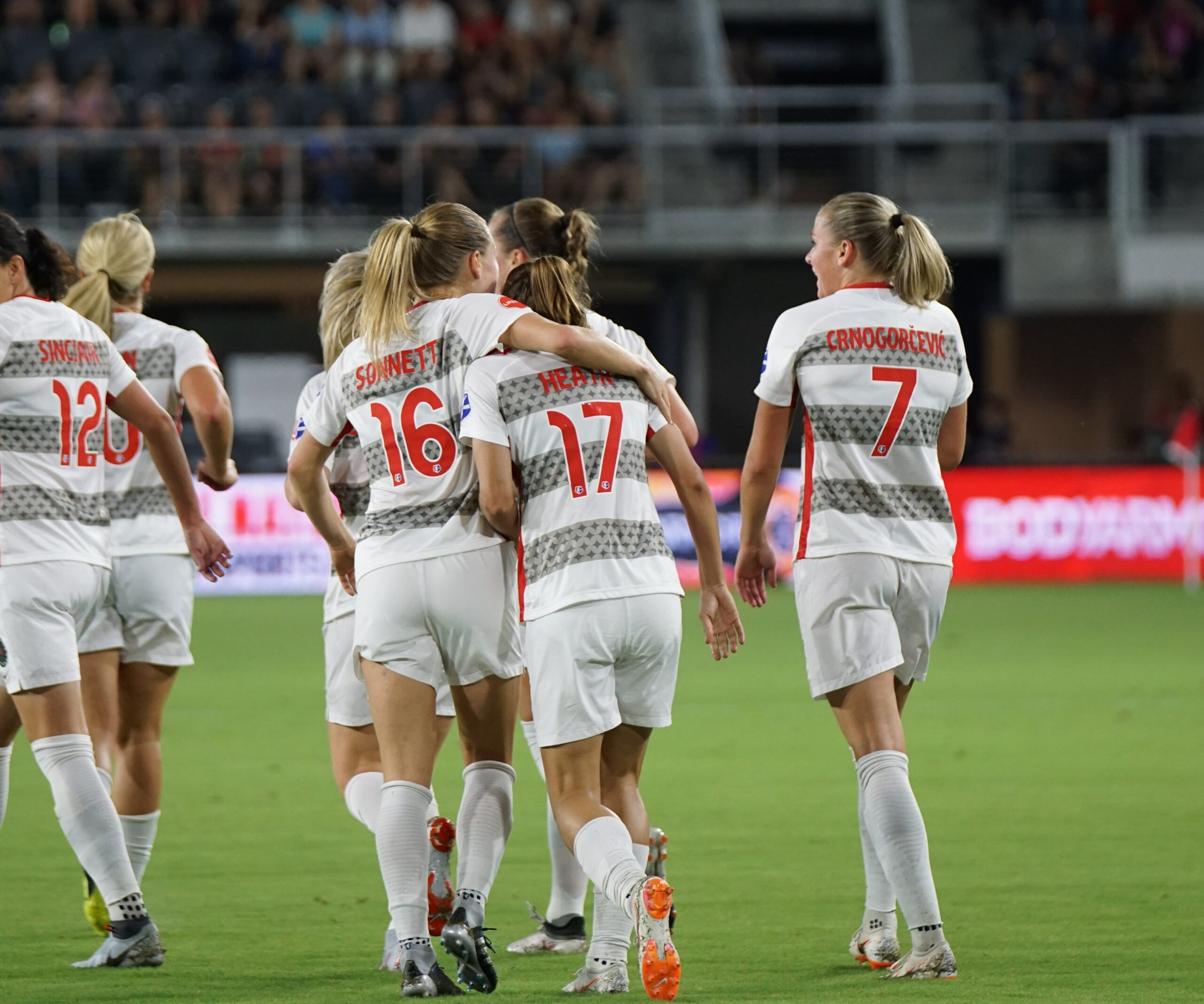
On August 13, 2021, the Equal Futures Network, in partnership with the Réseau des femmes en environnement, convened a group of organizations for a 90-minute think-tank session to discuss the climate crisis and its effects stretching beyond the environment, specifically the links between climate change and gender and how these links affect populations, communities and individuals that live in areas where these effects are being felt in Canada.
Participants heard presentations from representatives of the Réseau des femmes en environnement and the Victoria International Development Education Association (VIDEA), who provided context for the discussion and shared the links between gender and climate change in Canada.
Finally, this was our first incubation session in French. A total of 36 participants attended the session and participated in the breakout groups. Here is what we heard:
AREAS REQUIRING TARGETED SUPPORT
Climate change is the most important human development issue of our time. In Canada, its impacts are felt in our various geographic regions and threaten the integrity of the ecosystem. But its effects are much more than a social, economic and political issue, because they are environmental. They have implications for the food supply, health, industry and transportation, all of which have profound implications for social justice and gender equality.
In terms of gender, gender influences how individuals experience and cope with climate change. Women, girls and gender-diverse people often bear the brunt of the climate crisis because they are disproportionately affected[1]. They also face limitations when it comes to participating in climate change policy and response, which exacerbates the unequal relationships that have existed for generations.
[1] It is important to recognize that the nature of these differences varies based on context, and that age, ethnicity, class and other factors that intersect gender relationships also matter.
SIGNIFICANT GAPS AND KEY CHALLENGES
- Intersectionality in the movement
It is important to consider the fact that we have the power to question and to ask ourselves whether this is the only perspective we take into account:
- Women: There is a gender imbalance and more women need to be included around the table. Women must be integrated into decision-making and positions of power at all levels because they have unique perspectives and experiences. Climate change is known to have different impacts on people – depending on socio-economic circumstances, potential disabilities, age or gender, and when climate change solutions take these different realities into account, they are more effective and their effects have an impact throughout society.
- Youth: Youth leadership, particularly from Indigenous youth, is important in addressing the climate crisis. Barriers that have been identified as contributing decisively to climate action must be removed. They are change makers, entrepreneurs and innovators. Whether through education, science or technology, young people are stepping up their efforts and using their skills to strengthen climate action.
- Indigenous communities: Approaches to solving the climate crisis support the old colonial structures. Indigenous perspectives must be included in the discussions because Indigenous people live in harmony with the land. They saw the first signs of change and live in the most affected areas. Indigenous communities that experience climate change every day are ignored, but they are the ones who know the land and the indicators. To find a solution, to make progress on solving the crisis, we need to rely on people who have traditional knowledge – modern science, western science, is not the only form of knowledge that exists.
- Women/persons with disabilities: People with disabilities also deserve a seat at the table. Like other populations, people with disabilities are disproportionately affected by climate change. Little is known about the effects of climate change on their lives or their role in promoting climate justice.
- Research
There is a lack of research on the links between gender and the environment, particularly from a Francophone/Quebec perspective. Regarding the existing research, there is a gap between Anglophone and Francophone organizations working in this area and there is a lack of communication. It is also imperative to have more research on the effects of climate change on other areas of life, such as violence against women.
- The problem of inaction and who is responsible?
Finally, a big question is this: who is responsible? Is it inaction because the climate crisis is not happening in our backyard? Does responsibility fall at the feet of government, big business or individuals? Is it going to take a climate disaster for people to care? To move forward, we need more direction, guidance and an action plan that unites us.
WHAT DO WE DO NOW?
We have to look at who is sitting at the table and who is missing from that table. We have to share the resources, the knowledge, the educational tools. We have to think inclusively, share with groups that have concerns but that don’t have the tools, and educate people who don’t have the knowledge, the resources, a voice. For transformative change to occur in the context of the climate crisis, women, girls and gender-diverse people must be at the forefront of all responses in the environmental and climate action plan.
ADDITIONAL RESOURCES
- Vert un avenir féministe (french)
- IPCC Report
- Réseau des femmes en environnement – Rapport: L’intégration du genre dans la lutte aux changements climatiques au Québec (french)
- Backgrounders (french)
- Réseau des femmes en environnement – Santé environnementale (french)
- L’Écocast – https://open.spotify.com/show/5kGV6uRIeLXKP3DqCkJan1?fbclid=IwAR271j69hAy0oISHHd0SoY-JNECWNdL51UAeDNGoJVDEo2N6gs-zUsyLgKE
- https://www.disabilityinclusiveclimate.org/
- https://www.tgfm.org/en/our-publications/99
- https://climatedata.ca/case-study/extreme-heat-waves-in-quebec/
The Equal Futures Network acknowledges that Indigenous people are the traditional guardians of Turtle Island, on the land also known as Canada






